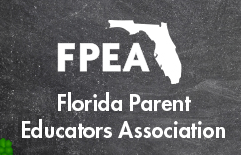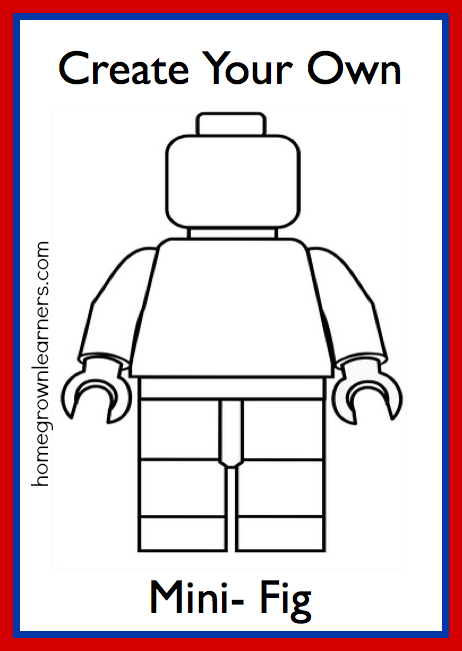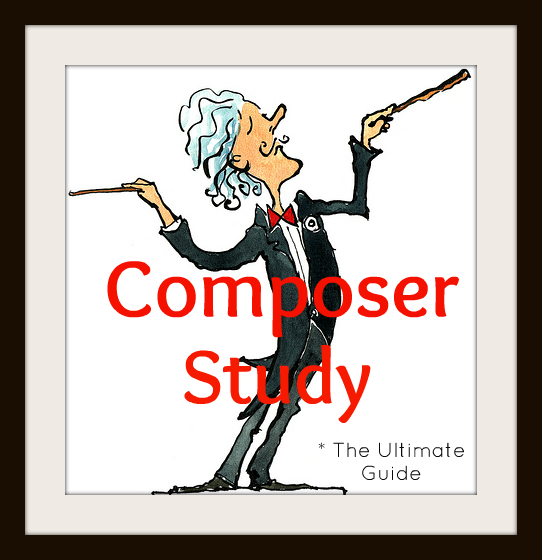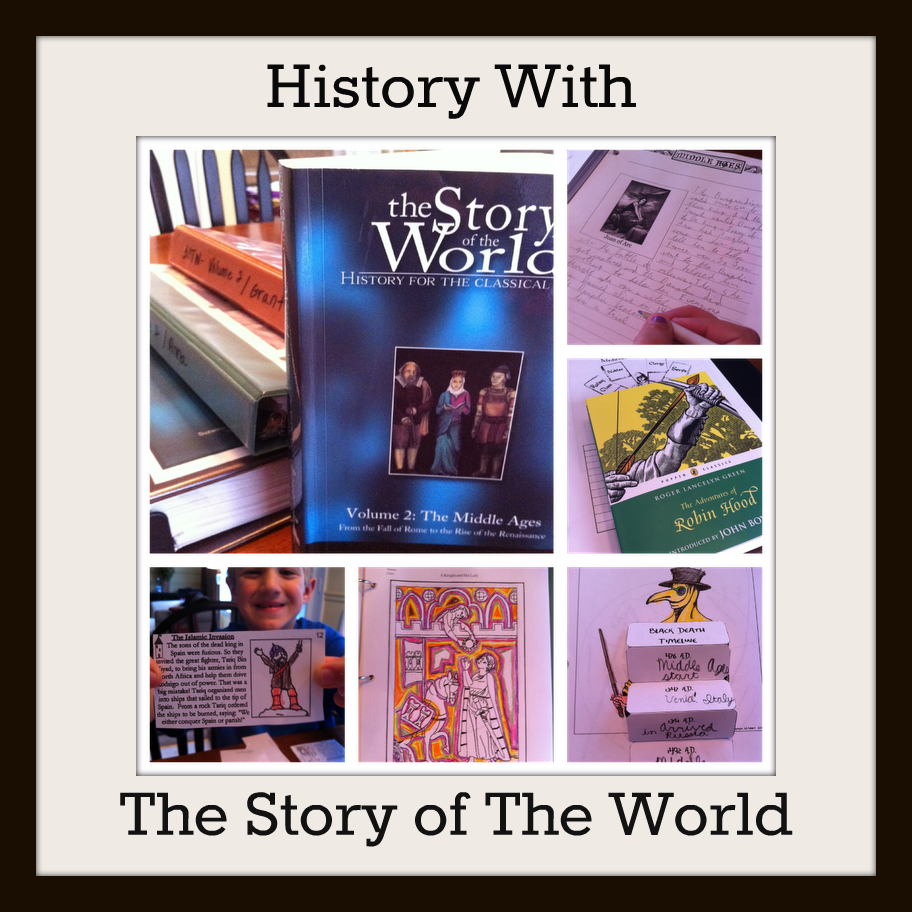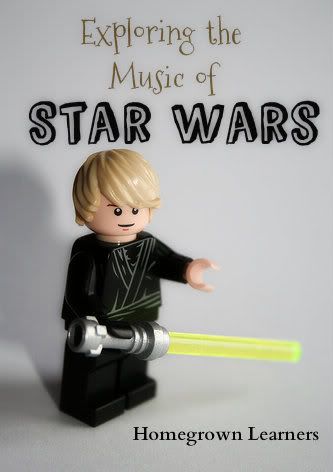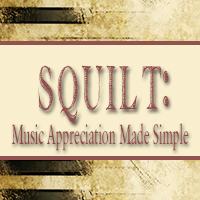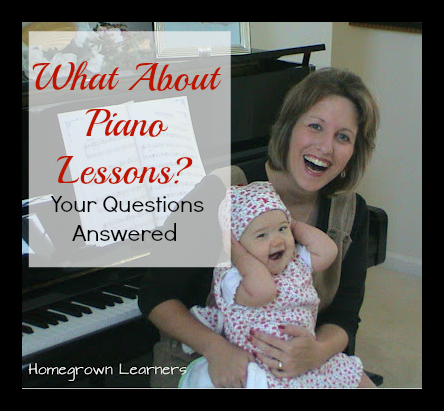"There's nothing remarkable about it. All one has to do is hit the right keys at the right time and the instrument plays itself."~ Johann Sebastian Bach
This picture is one of my favorites! My precious daughter was 9 months old - and I was.... well, 11 years younger than I am now!
My daughter heard piano music from the time she was conceived. I know she is more musical because of that.
I have always known my children would play the piano. No questions asked. I know you're thinking this is a rather militant attitude, and I agree with you. You require your children to learn math and learn to read, don't you?
I happen to believe reading and understanding music is just one of those things my children should KNOW, and it's an integral part of our homeschool. Learning to play piano helps us achieve the goal of becoming musically literate.
Remember Day 1 of this series, when I shared my favorite book with you? I urge you to consult Raising Musical Kids, by Patrick Kavanaugh, if you have any questions about piano lessons, their value, or how to approach finding a teacher, etc....
For what it's worth, here are my thoughts on children and piano (or any instrument for that matter) lessons:
1. Each child in our home is required to take piano lessons as part of their homeschool music education.
Miss B started with me at age 7 and once I saw she enjoyed it I found her a teacher. She still takes lessons now and loves it. GMan just started a few weeks ago with me and so far, so good!
What if they want to quit? Any skill worth mastering takes time, patience, and yes - sometimes a parent's nudging. I have personally seen many students of mine go through the "I want to quit piano" phase, and normally it is just that - a PHASE. Maybe it is finding music that is more exciting for them, or working out an incentive system, but I have witnessed peaks and valleys with my students.
What age should my child start? After almost 20 years of teaching piano I can recommend that children start when you feel THEY are ready....generally I have found this to be around the ages of 5-7.... but my older beginners have also been more motivated and progressed quickly. It depends upon the child!
2. A knowledge of piano helps you learn to play any other instrument.
Once you can play the piano and read music you can visualize that as you are learning other instruments. Piano gives children a foundation for further musical study.
3. I require daily practice. I also require participation in recitals and competition when they are offered.
Perseverance at a skill produces success and success produces confidence. The skills gained through public performance (and yes - a healthy amount of performance anxiety) are valuable and will help my children later in life.
4. Traditional piano lessons can be expensive, but sometimes you can find student teachers at a cheaper rate. A good place to look for a piano teacher is through the National Music Teachers Association.
Follow the link above to learn all about what questions to ask of a potential piano teacher, as well as search for a teacher in your area. Don't forget to utilize your local homeschool group - sometimes a simple email to your group inquiring about good piano teachers will be successful.
Be sure your piano teacher incorporates MUSIC THEORY into the lessons. You would be surprised at the number of children who learn to play piano, but cannot tell you the names of the notes or the values they receive!
5. Try your hardest to have a REAL piano!
I owned a piano before I had living room furniture... I know not everyone wants a piano THAT much, but you can also rent pianos, check on Craigslist or in the paper, or (again) consult your local homeschool group. If you decide to purchase a digital piano or keyboard, do your research! This article might help.
As with anything, I do believe some piano skills can be self taught. Check your local music store for method books and see what you like. These happen to my favorites:
Back to that sweet baby girl of mine... she and I had the opportunity to see a performance of Rachmaninoff's Third Piano Concerto this week. Avid music lovers refer to it as "RACH III". This piece is probably one of THE MOST DIFFICULT piano pieces there is... we heard a 23 year old play it with superhuman piano prowess. It was AMAZING! We had THIRD ROW SEATS.... even more amazing!
We read the program notes and my daughter was understanding much of the musical description of the piece. She made several comments to me during the performance about aspects of the playing.
As we left symphony hall, my daughter gave me a huge hug and said "Thank you, mom! That was one of the best things I've ever seen. I can't wait to tell Mrs. Day (her piano teacher) about this!"
Exposing our children to great music and affording them the opportunity to play an instrument is a gift. I hope I've given you a little to think about...
Other posts in this series:
The 10 Days Series is organized by iHomeschool Network, a collaboration of outstanding homeschool bloggers who connect with each other and with family-friendly companies in mutually beneficial projects. Visit us on Facebook, Pinterest, and Twitter. And of course, visit all the 10 Days posts from these homeschool moms of the iHomeschool Network. You'll be blessed with tips on how to handle bad days, cultivating curiosity, teaching with Legos, and much much more!
 Tuesday, April 24, 2012 at 5:00AM
Tuesday, April 24, 2012 at 5:00AM 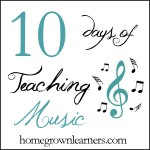 A huge thank you today to Bonnie Ward Simon, Creative Director at Maestro Classics. I have the privilege of sharing a video and article from Bonnie, as well as being able to give away a copy of Maestro Classic's Peter and The Wolf.
A huge thank you today to Bonnie Ward Simon, Creative Director at Maestro Classics. I have the privilege of sharing a video and article from Bonnie, as well as being able to give away a copy of Maestro Classic's Peter and The Wolf. 










